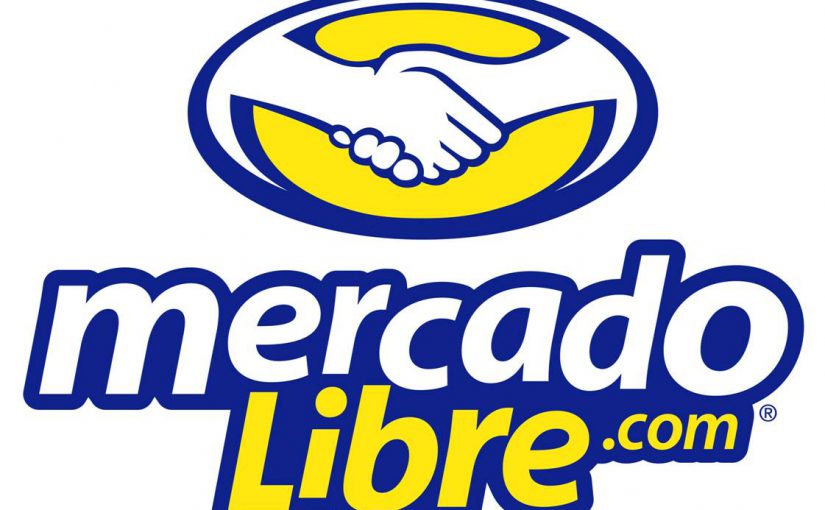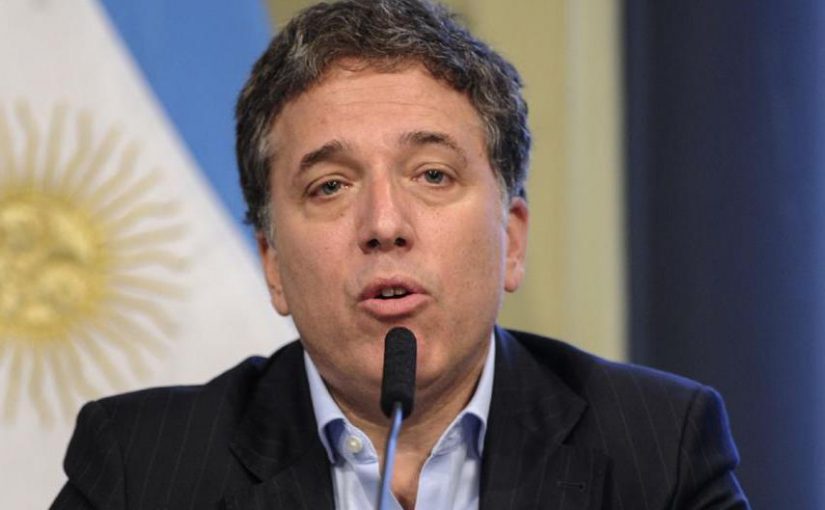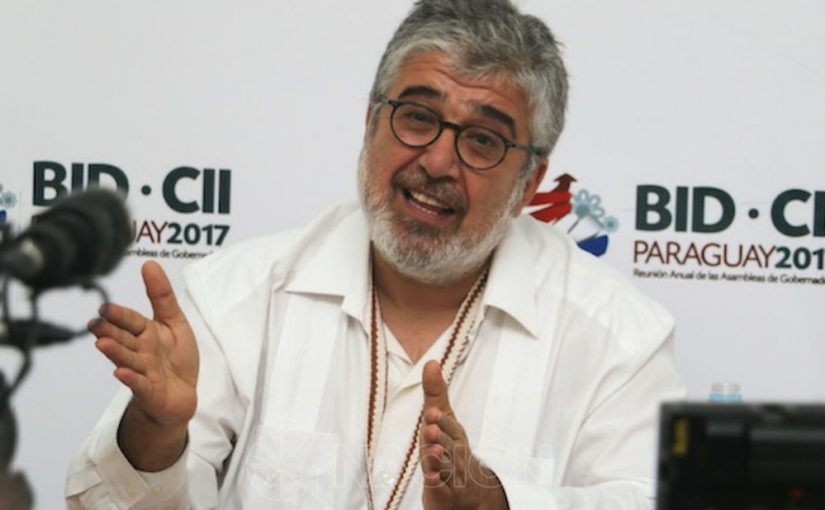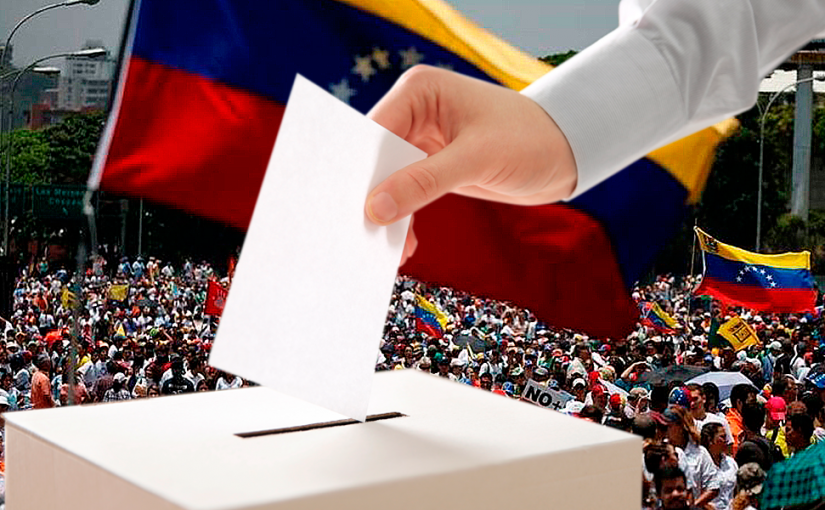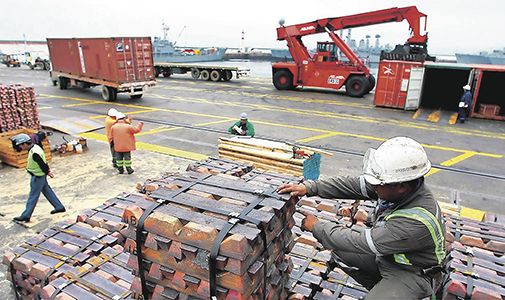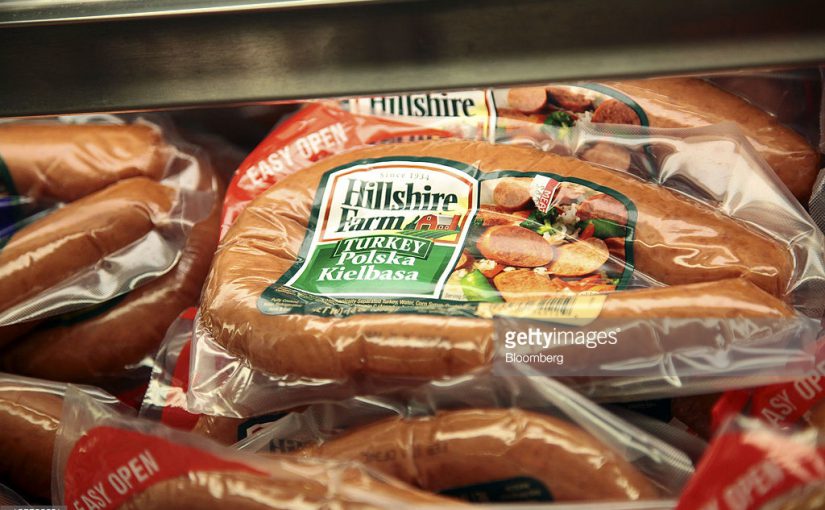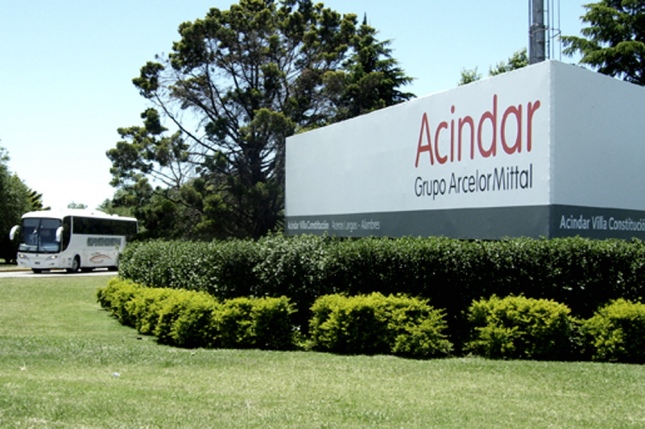If you live in Latin America and have ever wanted to sell or buy something online, you have probably used Mercado Libre.
The electronic commerce portal was created in 1999 by the Argentine Marcos Galperíny and his then partner Hernán Kazah.
It was a time in which doing business online still generated distrust and those who dared to try it took a thousand and one precautions when making the exchange.
But EBay did not operate then in Latin America.
So local alternatives such as Mercado Libre, which allow businesses and individuals to market items in exchange for a commission, had free land.
Many did not survive the dot-com crisis or they did not get the volume of users needed to achieve profitability.
Mercado Libre, on the other hand, has become the most valued company in Argentina with a market value of US $ 12,400 million.
A figure even higher than the US $ 10,000 of the YPF oil company, considered the largest company in the country.
This week, the portal marked a new milestone by entering the Nasdaq 100, the US stock index that brings together the most important companies in the industry sector, whether local or international.
An ally of EBay
Galperín, director of Mercado Libre, was an employee of YPF when he decided to go to the United States to take a master’s degree in business administration at the business school of Stanford University.
Immersed in the technological culture that surrounds this institution due to its proximity to Silicon Valley, he began working on the creation of Mercado Libre with Kazah before finishing his studies.
Yahoo: Why is it going so bad that it was one of the internet giants?
After obtaining the funds, they founded the company in Argentina.
It spread so rapidly to other countries in Latin America that EBay opted to join it instead of competing, buying shares in 2001, only two years after its birth.

